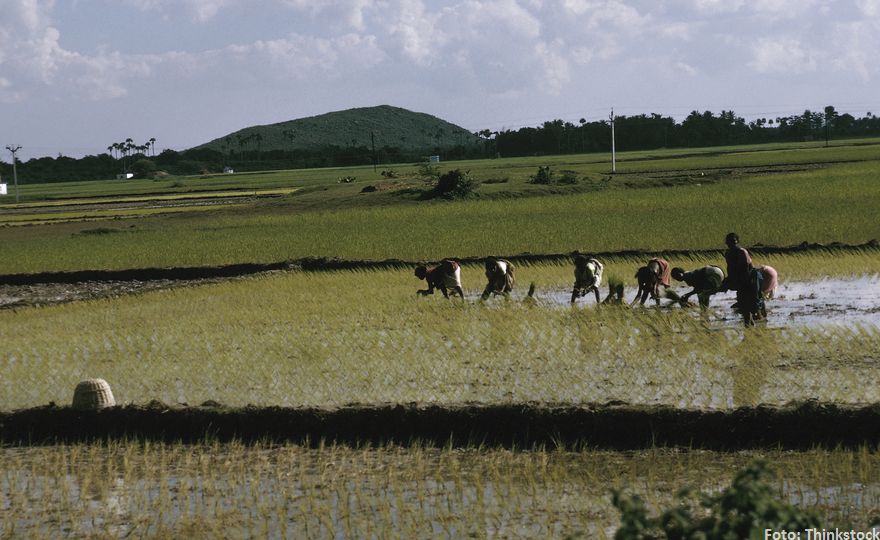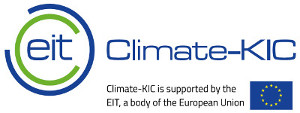Crop insurance solutions are politically addressed, e.g. by the IPCC and the G7 leaders, as important tools to increase resilience to climate change and altered weather perils especially in least developed and developing countries. However, widespread implementation of such insurance schemes is hindered by uncertain and unreliable assessments of crop yield losses. Where solutions exist, such as in India, assessment through field visits (crop cutting experiments) and a general lack of innovative loss assessments makes agricultural insurance extremely costly. If climate-attributable yield losses are assessed adequately, this information can contribute to making insurances more attractive for insurers, more accessible to smallholder farmers and less costly for governments. And to develop a tool which can do just that is exactly the goal of AgRATI India.
The scientific basis of the Demonstrator project is the at PIK already well established model AMPLIFY (Agricultural Model for Production Loss Identification to Insure Failures of Yields), which makes use of statistical and process based models to remotely assess crop yields and yield losses. Furthermore, it crucially differentiates between climate-related and non-climate-related (agronomic management, socio-economic) yield perils – important for agricultural insurances which are only interested in indemnifying the climate-related risks that lead to crop loss. In the course of the project and using the example of India, this model will be further developed and optimized in cooperation with ETH Zurich, especially through the use of cutting-edge satellite imagery, so that it can be launched as a fully-fleshed loss assessment product by the end of the project.

Indian rice farmers (Photo: Thinkstock)
This will help insurance companies, such as Munich Re who is both project partner and customer, to increase the precision of their loss assessments and to cut down their costs significantly – and thus would allow lower premiums for farmers thereby reaching a wider net of insured farmers. Insurance claims, in turn, can help to purchase food (enhance food security) and to prevent farmers from selling their livelihoods. Moreover, income stability gives farmers higher creditworthiness and thus, access to micro-credits for investments in production techniques. This can build resilience and enhances the farmers' ability to adapt to changing climate conditions instead of seeking alternative income sources, falling further in to poverty or migrating involuntarily.
Contact:
Dr. Christoph Gornott
Phone: +49 331 288 2655
E-Mail: gornott [at] pik-potsdam.de
AgRATI India is funded by the EIT Climate-KIC.





